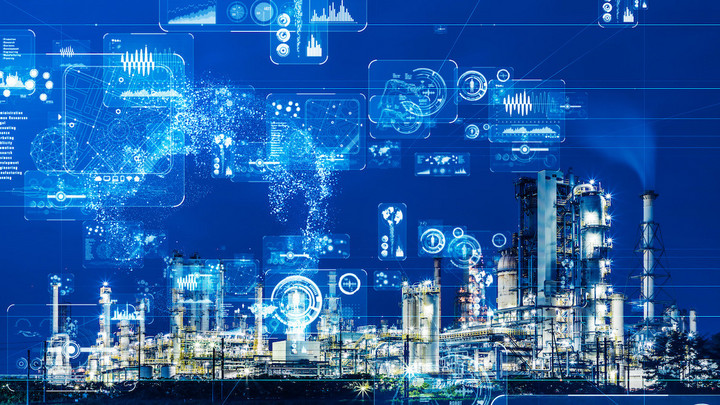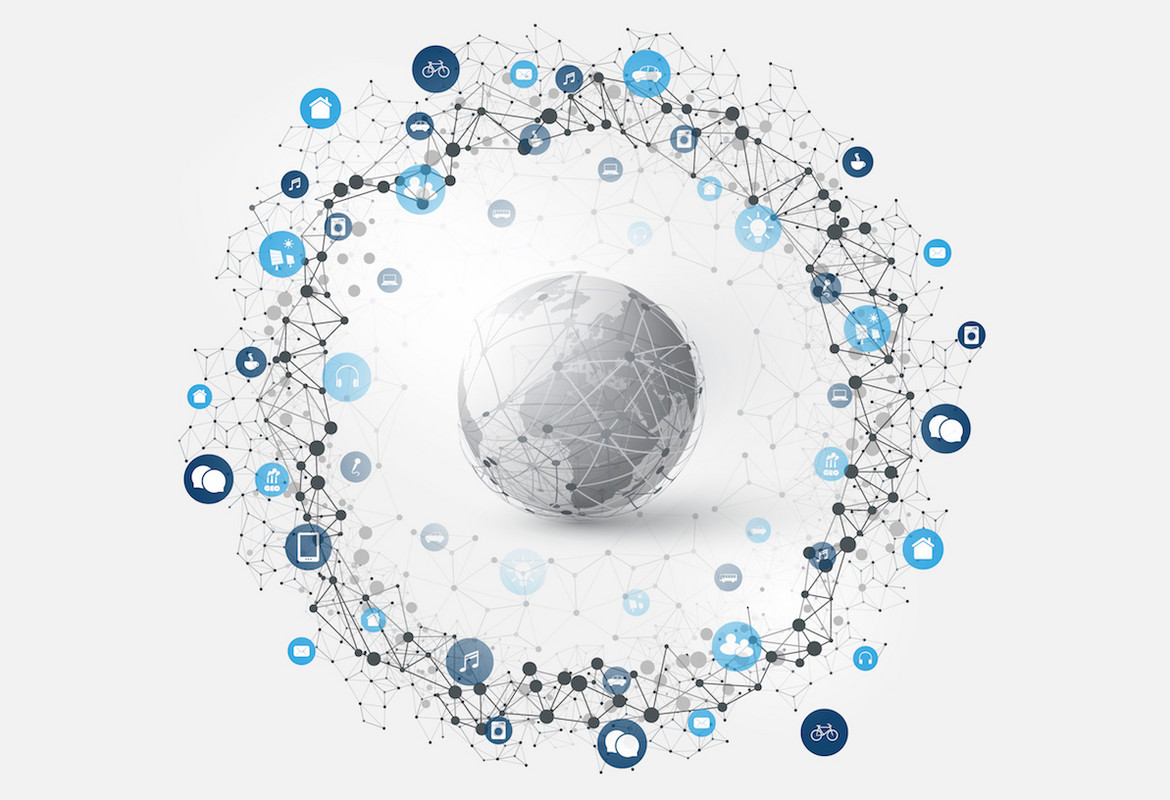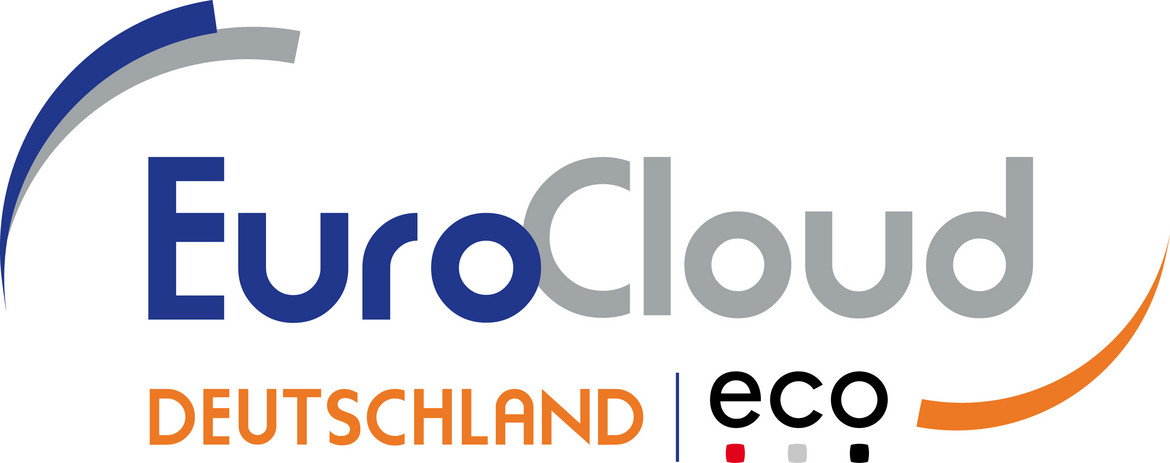Using Artificial Intelligence to Create a Service Ecosystem for Technical Service in the Age of Industry 4.0
AI has the potential to offer support to small and medium-sized enterprises in their efforts to remain competitive in an increasingly complex global marketplace, Andreas Weiss explains.

© metamorworks | istockphoto.com
Whether or not digital transformation succeeds is critical for the strategic competitiveness of SMEs. The industrial sector is changing rapidly and inexorably and the complexity and level of digitalization of machines and plants is growing beyond the scope of many smaller companies. Artificial intelligence (AI) could be the solution to keep up with the pace of change and to target new valuable business services.
As the business models for many SMEs in the industrial sector change to providing e.g. machines-as-a-service rather than just selling industrial equipment, it is becoming increasingly difficult to offer technical services. Development and enhancement cycles are getting ever shorter. The “service knowledge” required to keep up with digitalization and technological advances is already beyond the capacities of even experienced service technicians and, in some cases, even of the manufacturers themselves. This is on top of the skills shortage the industrial sector is already facing.
A consortium of German companies, universities and associations is turning to artificial intelligence (AI) to find ways of ensuring the long-term competitiveness of SMEs and to pool expertise and service knowledge by developing a platform that offers service intelligence.
The Service-Meister project is using artificial intelligence to create a service ecosystem for technical service in the age of Industry 4.0. The concept was designed by the consortium led by USU Software AG, together with the Karlsruhe Institute of Technology, the eco Association, and the Beuth University of Applied Sciences Berlin and has been recently recommended for funding after its success in the innovation competition “Artificial Intelligence as a Driver for Economically-Relevant Ecosystems” of the German Federal Ministry for Economic Affairs and Energy (BMWi).

Figure 1: Overview of Service Meister project partners and topic areas
AI has the potential to offer support to small and medium-sized enterprises in their efforts to remain competitive in an increasingly complex global marketplace.
The aim of the Service-Meister project is to design and develop an AI service platform for SMEs, which will make the growing complexity of the provision of services within the build-own-transfer framework more manageable, for example in the field of Machine-as-a-Service. Not only will AI-based analysis of individual machines (“predictive maintenance”) identify (potential) problems of industrial plants, but also AI-based, cross-customer analyses of machine data (“peer group comparisons”) will surface any (potential) issues.
This way, companies with limited staff resources can use the support of, for example, service bots to offer cost-efficient and competitive services and become market leaders in their field. It is even possible that independent external service providers offer AI-based, high-level technical service for a range of systems and products for multiple companies.
Therefore the consortium is designing an ecosystem for maintenance knowledge with corporations and SMEs, to function as a collaborative platform. A key aspect of the project is the development of lucrative data products and the legal and technical means to ensure data protection and to apply security measures.
The Service-Meister project focuses on developing three important areas for the industry:
- The automatic collection of the vital statistics of the machine before, during, and after maintenance;
- A fleet-wide platform which interconnects technicians;
- AI-based chat bots which read and understand the available reports on routine tasks and processes in an automated manner, and which technicians can consult as a complementary source of information.
For the eco Association, one central reason for being involved in the project includes the need to address the skills shortage in all areas of industry, with a second reason being the promotion of Europe as a location for the development of innovative AI-based solutions that can compete on a world stage. eco has identified decisive fields of action for the successful use of AI and recently published Guidelines for the Handling of Artificial Intelligence.
eco advocates for the strengthening of cooperation in the exchange of knowledge, experience, data, and technologies, and the development and promotion of initiatives for the improvement of digital infrastructures that are central to the use of artificial intelligence. The importance of artificial intelligence as a key technology must be acknowledged and promoted as an economic and locational factor of the future. As such, one additional positive consequence of the Service-Meister project is the promotion of innovative European AI initiatives and the fostering of digital sovereignty on a local scale.
Alongside pure research at universities and research institutes, the transfer to industry is also important to the eco Association, and must be promoted. The eco Association’s extensive network, with 1,100 member companies in 70 countries, helps it to identify and connect interested partners for the project.
Andreas Weiss is Head of Digital Business Models at eco - Association of the Internet Industry. He started there in 1998 with the Competence Group E-Commerce and Logistics, moving afterwards to E-Business. Since 2010, he has been leading the eco Cloud Initiative as Director of EuroCloud Deutschland_eco and is engaged in several projects and initiatives for the use of artificial intelligence, Data Privacy, GDPR conformity, and overall security and compliance of digital services.






